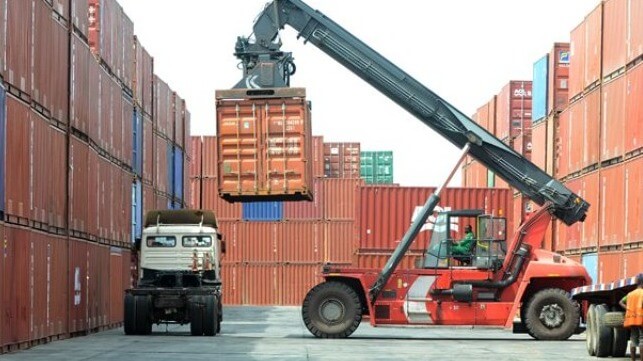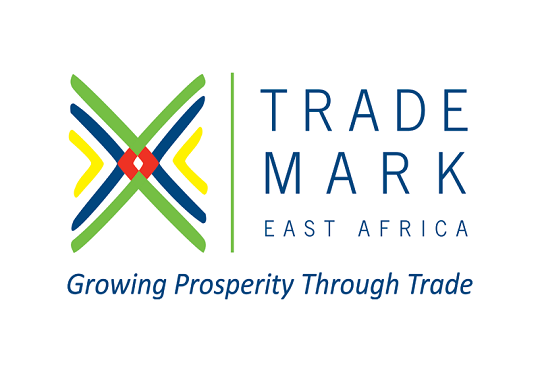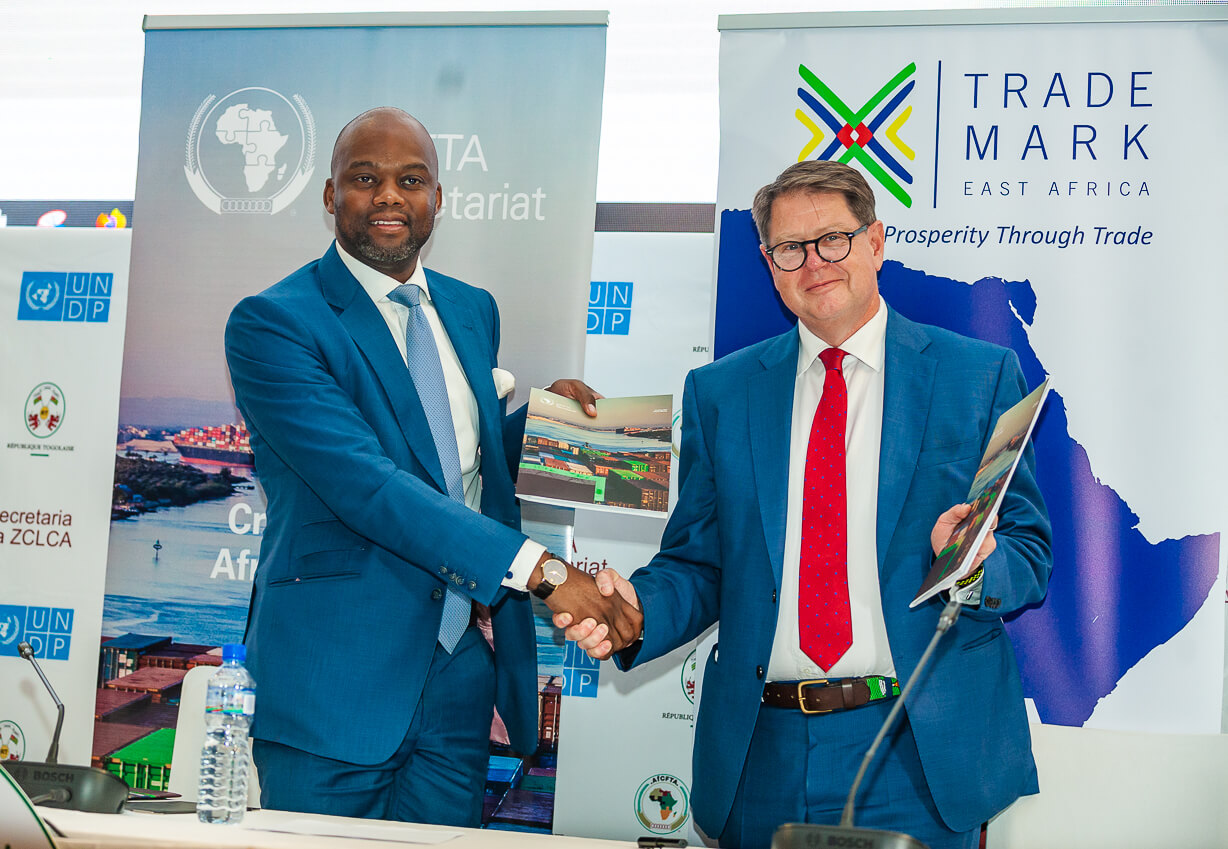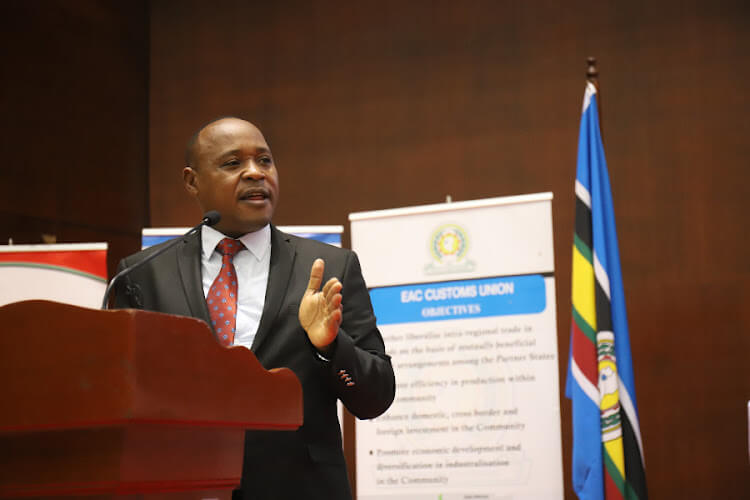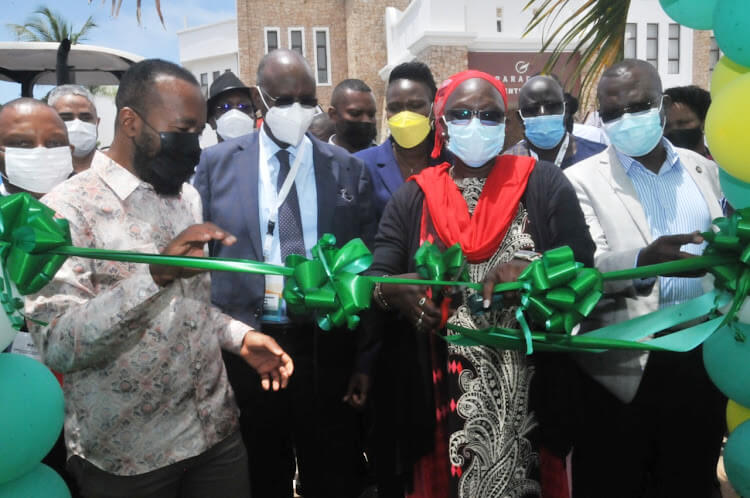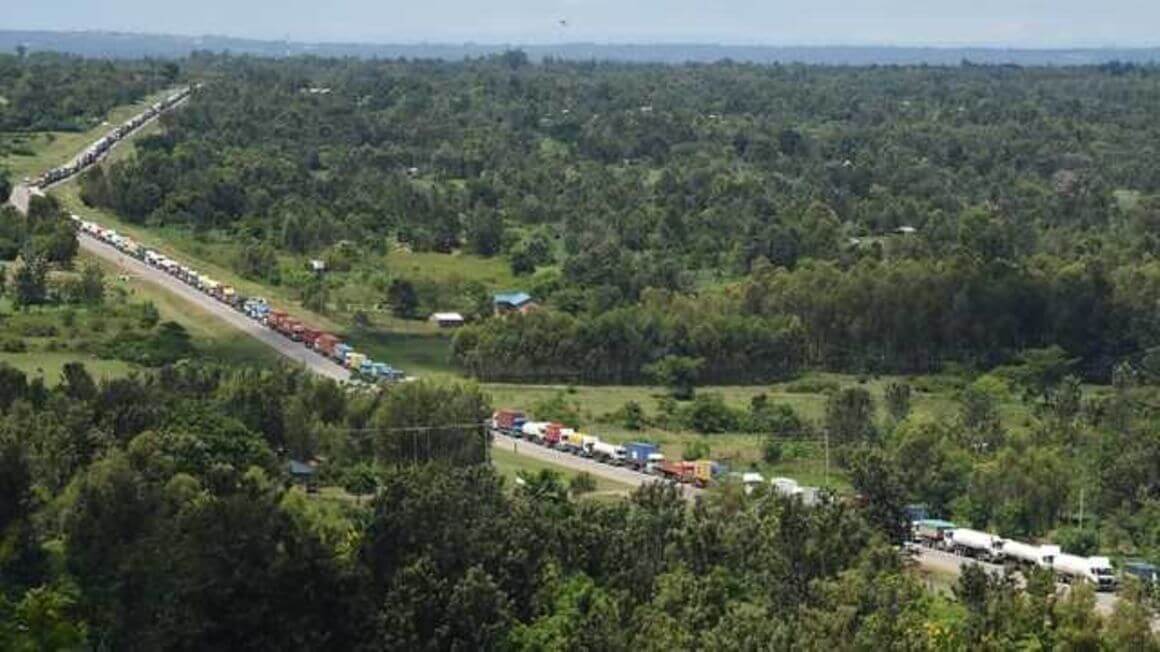African shippers are currently experiencing a tragedy in liner services, with historic port bottlenecks now compounded by a surge in freight rates, making shipping operations difficult for many. Alphaliner released new data showing shipping lines deploying greater tonnage to the profitable East-West, transpacific, and transatlantic trade lanes, owing to COVID era supply chain disruption. Specifically, the data revealed liner services capacity to and from Africa had declined by 6.5 percent compared to a year ago. The data analytics firm gave the example of MSC, which had shifted some 13,000 TEU of ship capacity from African trading routes in favor of the Pacific. The report noted that the major reason behind the shift was due to the high revenue earned along the East-West trade routes. This has a significant impact on African shippers. For instance, Nigeria - sub-Saharan Africa's largest economy - has been unable to overcome persistent inefficiencies in port operations. As a result, exporters have lost about $218 million in perishables and other damaged products over the last one year due to gridlock at Apapa Port. In an interview with The Guardian Nigeria, Shippers Association of Lagos President Jonathan Nicol said that some trucks took three months to access the filled-up terminals, as there was no space to drop export containers. “The infrastructure on the ground cannot cope with the volume of cargo accessing the port and at the same time, costs are uncontrollable. This results in exporters hiring barges and berthing by the sides of vessels to load...
Africa Navigates the COVID Era’s Shipping Challenges
Posted on: September 20, 2021
Posted on: September 20, 2021

